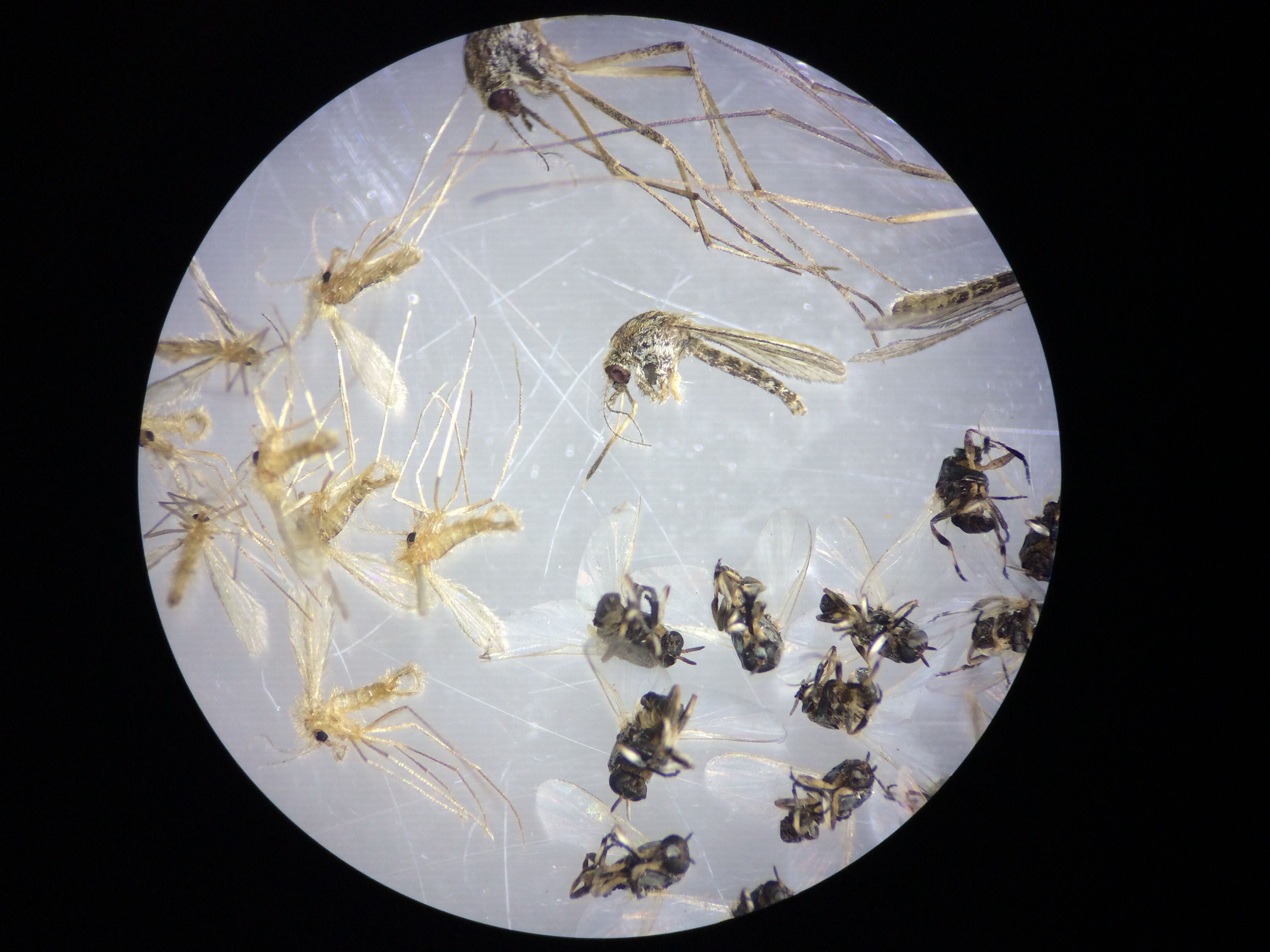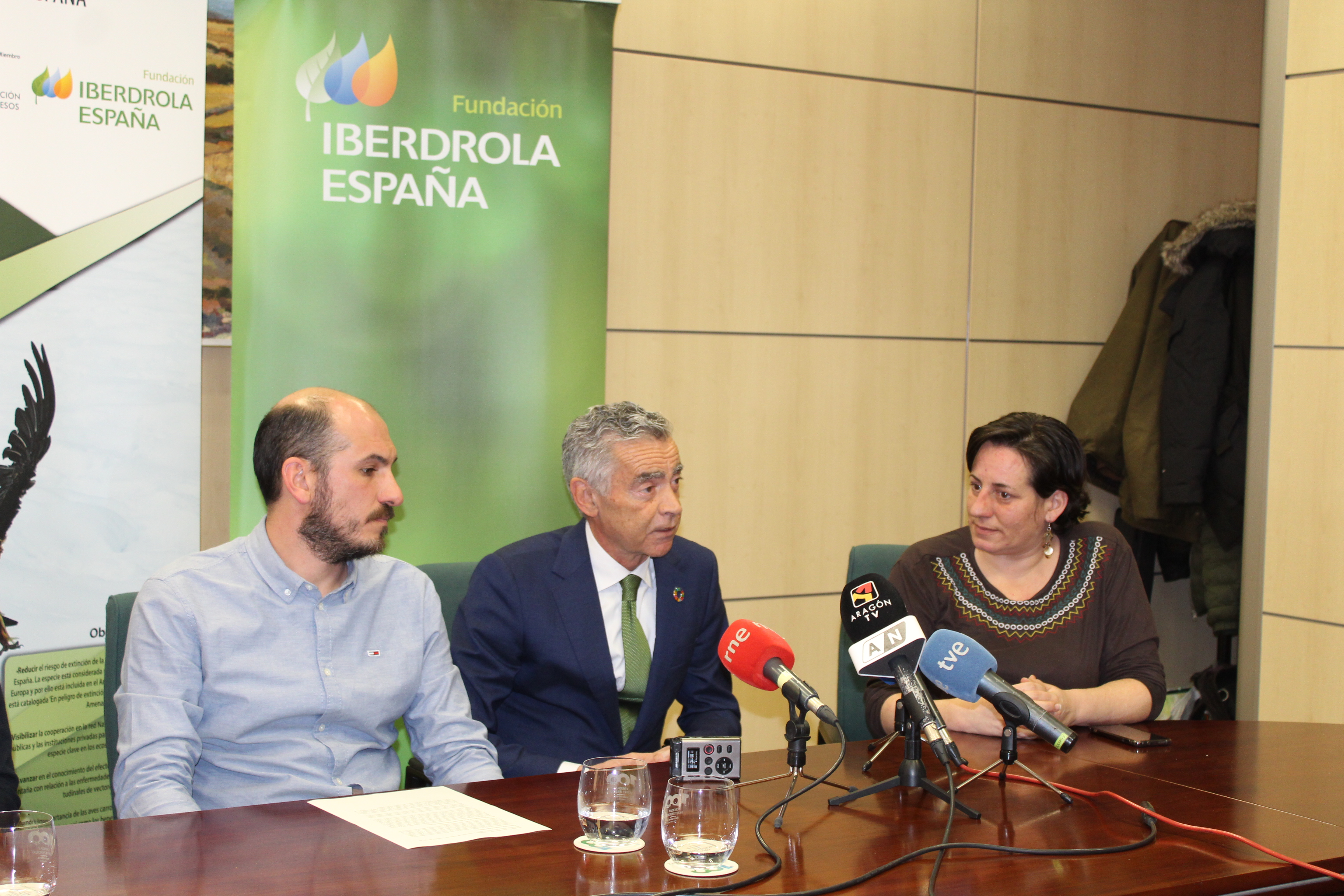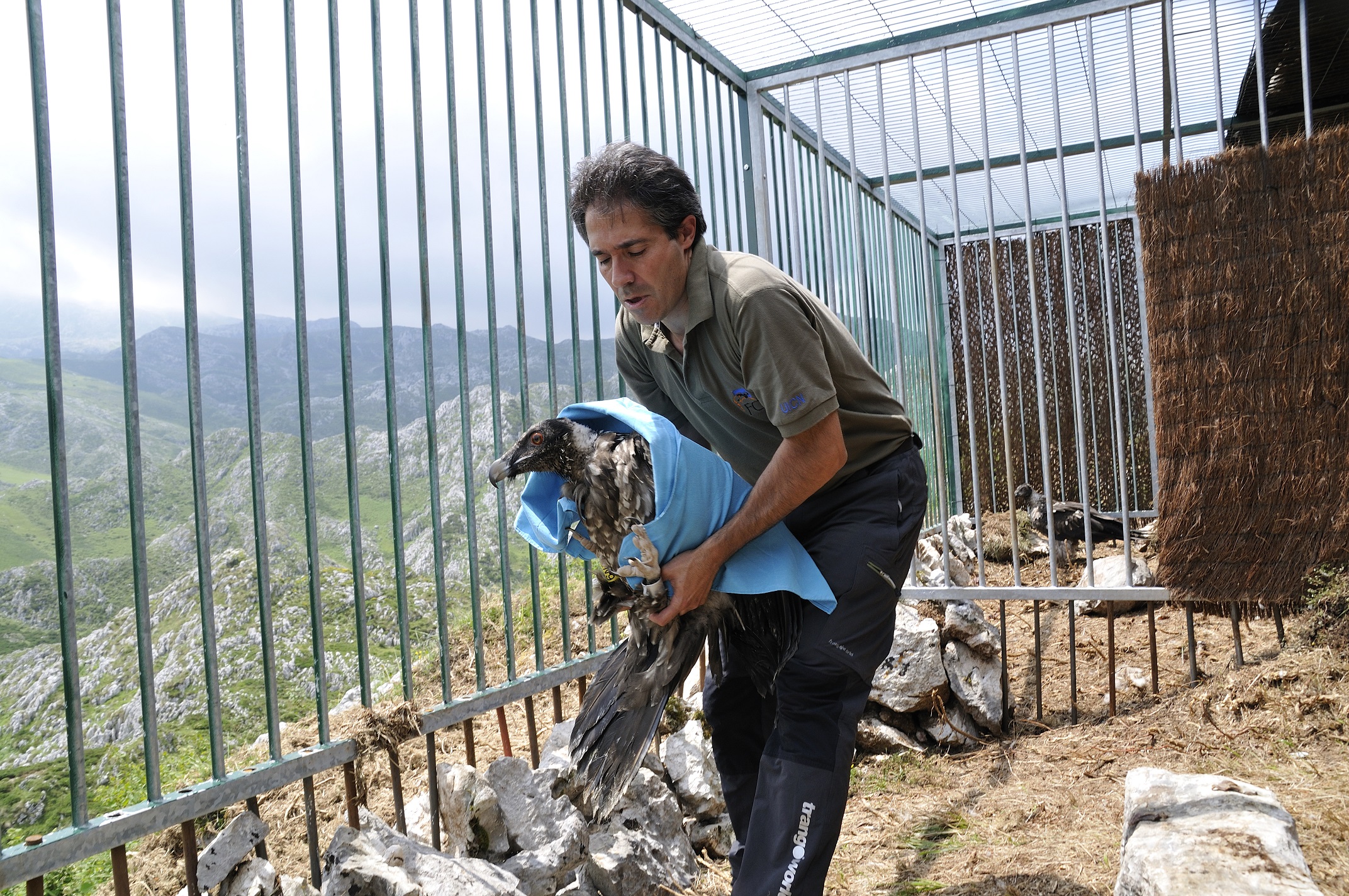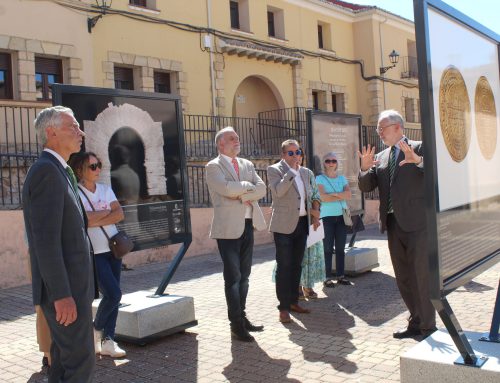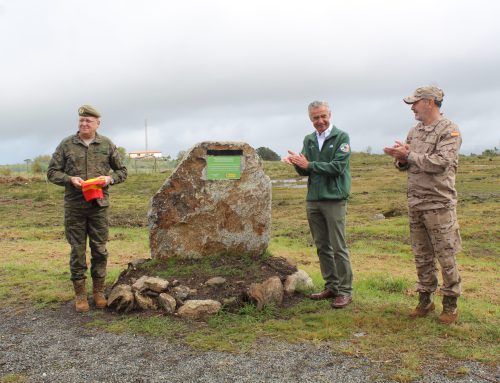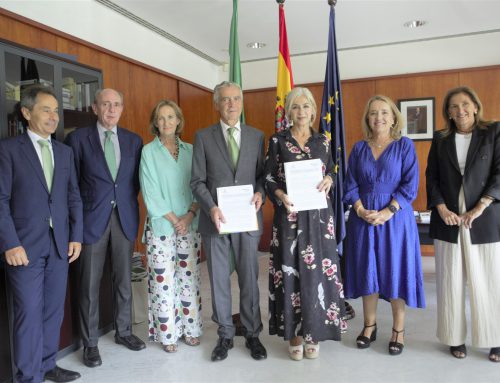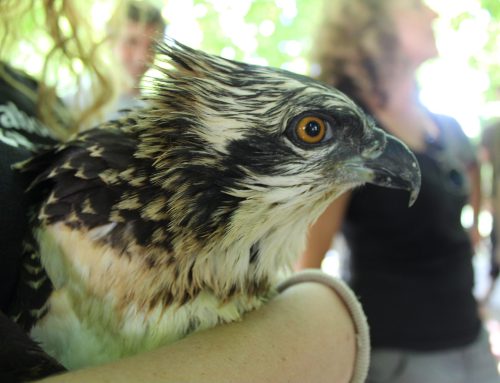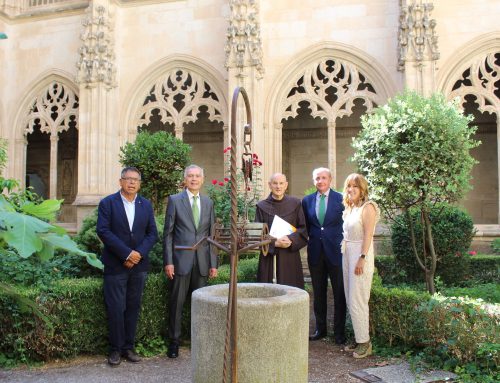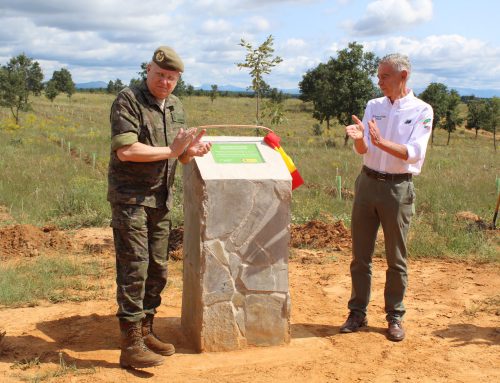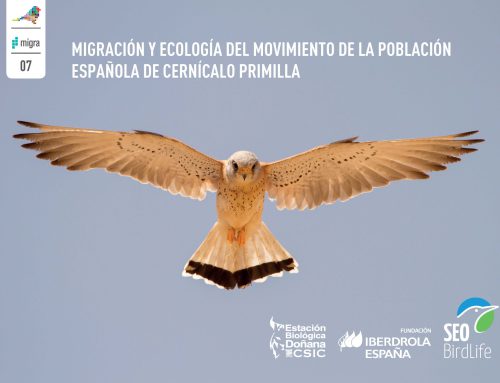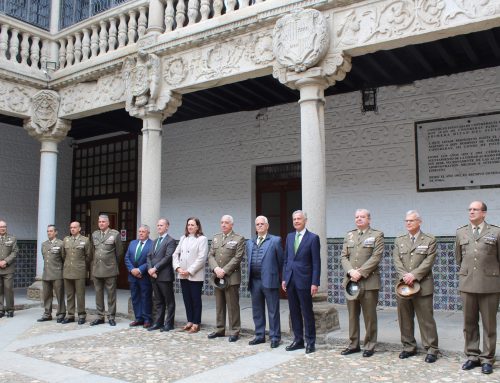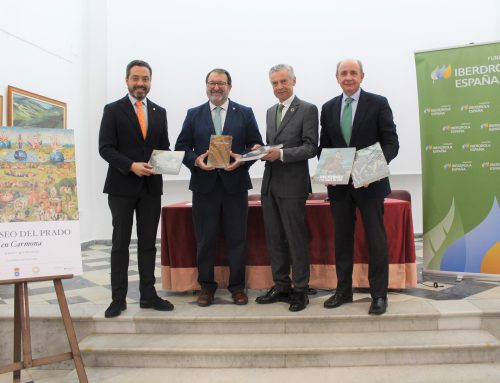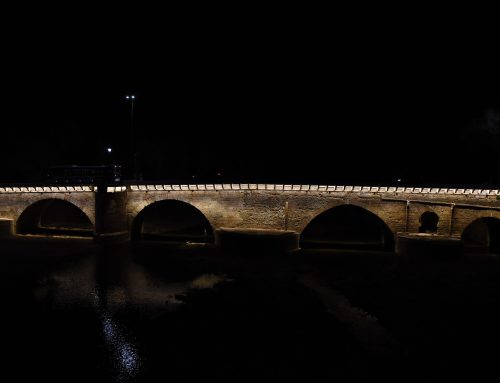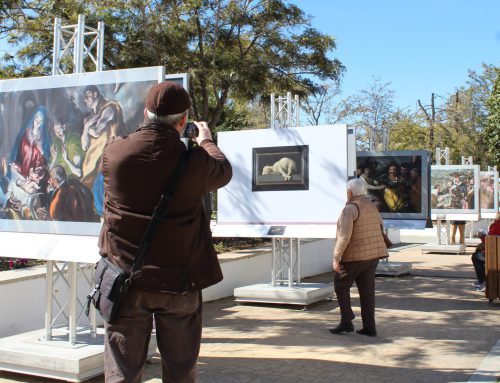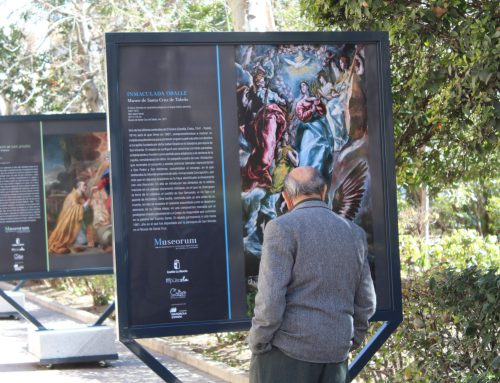An investigation demonstrates the presence of mosquitoes, black flies and sand flies carrying the avian malaria virus in the Central Pyrenees
Zaragoza 05-02-2020. The Foundation for the Conservation of the Bearded Vulture (FCQ) and Fundación Iberdrola, in collaboration with the Government of Aragon, the University of Zaragoza and the University of Castilla La Mancha, have presented the results of the Study on the Effects of Climate Change on the Bearded Vulture Population in the Central Pyrenees. The scientists, who in a first phase demonstrated the presence of the insect-vectors that transmit this disease, have now confirmed the presence of the parasite that causes avian malaria in the insects caught in the specific areas and during the bearded vulture’s reproduction season. This demonstrates the risk of the bearded vulture, a species endangered in the EU, being exposed to the disease.
Up to now, a cold climate combined with the altitude and the mountain ecosystem where the bearded vulture reproduces, were presumed to limit or prevent the presence of these vectors, and therefore the potential transmission of the disease, in the nesting areas. However, the increase in temperature linked to climate change has brought about a different scenario.
Researchers analysed more than 800 mosquitoes, black flies and sand flies caught over 116 nights of trapping. Of the 150 samples from analysed insect groups, 31 (20.6%) contained haemo parasites of the Plasmodium genus. The sequences obtained in more than 70% of the samples identify Plasmodium relictum, the specie that causes avian malaria, a parasitic disease that affects birds.
Genetic studies have also identified Plasmodium vaughani while in several cases it was not possible to determine the Plasmodium species precisely. The parasites were detected in insects from practically all bearded vulture breeding grounds and throughout the period of study, which demonstrates the significance of the findings.
Mosquitoes are a sign of malaria
The parasite has been detected in multiple species of vector insects from three different families, caught in the Sierra de Guara and the Aragonese Pyrenees: black flies, sand flies and mosquitoes, including several species of the Culex genus, which feed on the birds. While the presence and size of the vector populations are affected (according to the data) by altitude and climate, the parasite is apparently only restricted by the presence of its vectors. This means that if there are insects that feed on bird blood, the P. relictum parasite is also present in the birds’ circulation.
Avian Malaria and the decline in bird populations
Avian malaria has recently been recognised as a more serious and dangerous disease for birds than was previously thought. This parasite has been behind dramatic declines in populations of species as abundant and common as the common sparrow (Passer domaticus). Like human malaria, the disease is transmitted when a competent vector injects the parasite into the host from its salivary glands, by feeding on its blood. Historically, its spreading into new regions, such as the Hawaiian Islands or New Zealand, has had devastating effects on endemic populations that had had no previous contact with the disease. However, it is now being found that the disease also has a severe impact on species that have previously coexisted with the parasite. For example, it is implicated in the 75% decline in London’s sparrow population.
Furthermore, although the findings have so far failed to find the parasite that causes Nile fever in this study, many of the captured malaria vectors transmit this fever too, a disease that has produced significant falls in endemic bird populations in Europe and the United States.
Foundation for the Conservation of the Bearded Vulture
This is a non-governmental organisation composed of biologists, vets and naturalists nationwide, created in 1995 and declared of public utility. Its purpose is to promote and develop conservation, research and rural development projects in the mountain habitats where the bearded vulture, a species declared endangered in Spain, lives.
Iberdrola, committed to protecting the environment
Iberdrola, through its Foundation in Spain, is firmly committed to protecting the environment and combating climate change. This collaboration is yet another example of Iberdrola’s commitment to biodiversity being extended to significant actions governed by the guidelines set out in its Executive Plan regarding support for conservation programmes involving threatened species and the restoration of protected habitats.

